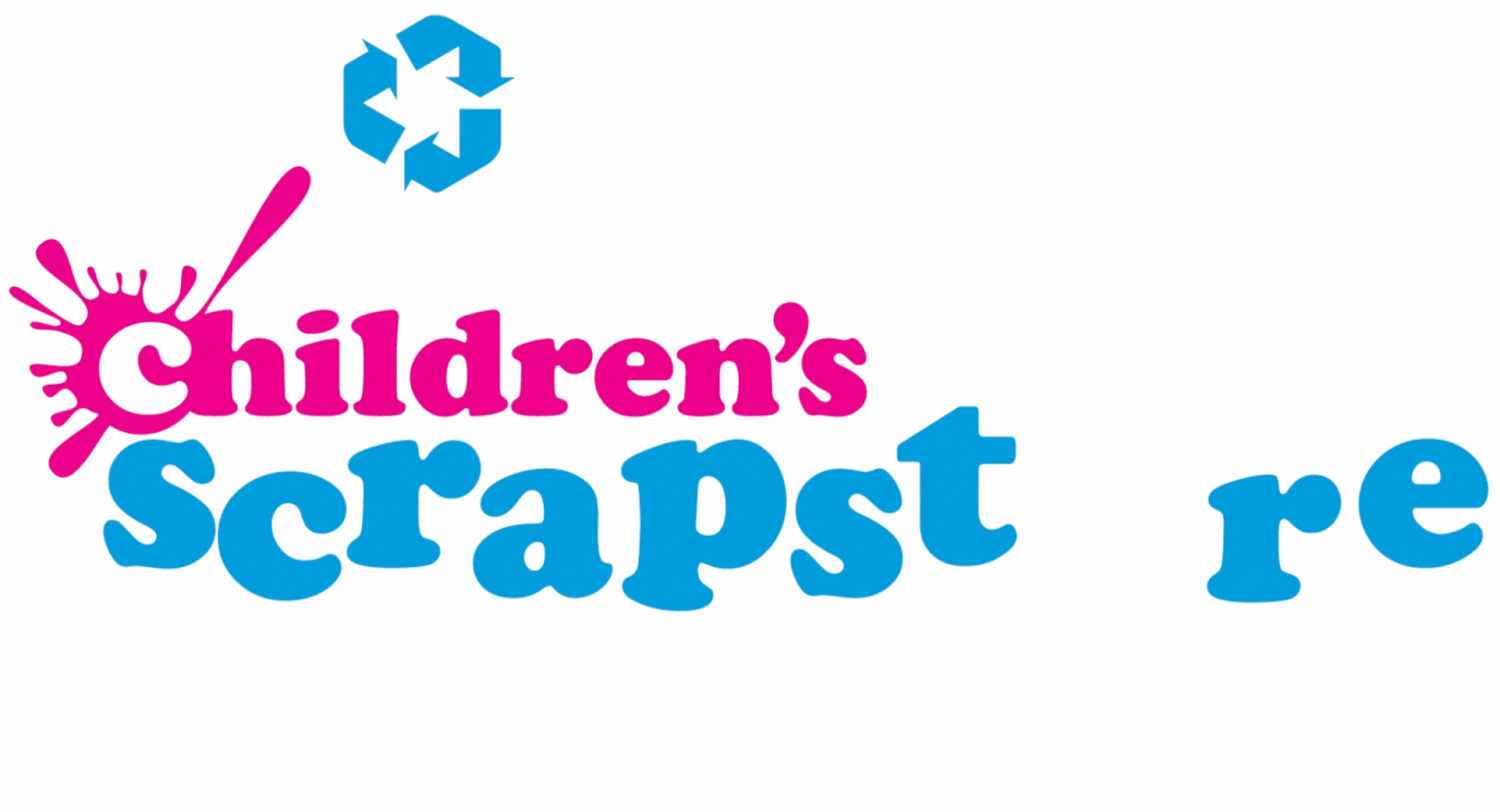To the observer it looked like 210 children had just unwrapped their presents on Christmas Day in the playground, a powerful assault on the senses….lots of bright colours, movement in every direction and plenty more noise.
Read moreEasy Rider - Supporting Risk & Challenge in Childrens Play
As a playworker and trainer, I often talk about the comfort zones when it comes to understanding and supporting children taking risks within their play. This model also helps us to understand our emotions whilst supporting risk taking in play.
Read moreThe Importance of Play
A busy park in Bath on a sunny Thursday morning, children from about 0-15, some with adults, some by themselves, are engaging in all sorts of different play opportunities that the park has to offer. This particular park has the benefit of sand, a water pump and a stream running all the way through the centre as well as overgrown areas, open green space, blackberry bushes, hillocks and play equipment. It’s a pretty good park! A parent and her toddler tentatively approach the large embankment slide (the adult clearly looking a little nervous while the toddler eagerly tries to wriggle free and go it alone). Once settled at the top, the parent takes a deep breath with the toddler on her lap and pushes off…….. only to squeak, wriggle and finally come to an underwhelming stop somewhere in the middle of the slide. It’s just not slidey enough and clearly without a tin of furniture polish no one is going anywhere! A few others attempt the slide, which is really quite big and looks so exciting, only to feel the disappointment of coming to a grinding halt mid-way down. A small group of children decide enough is enough and start to come up with some inventive ways to speed this slide up. They use sleeves and hats to polish the slide, they line the slide with leaves and grass, they take run ups and try every position from head first to bottom first backwards.

A girl of about 10, clocks a smaller sibling happily filling her bucket with water from the pump and emptying it into the stream. She runs down the slide, says something to the smaller child, grabs the bucket and runs off leaving her younger sister staring wistfully with a wobbly bottom lip. The girl pours the water down the slide. Bingo! What was an almost redundant piece of play equipment has suddenly become a rather fast and furious water slide. In no time a queue of mud soaked children has formed at the top of the slide, excitedly chatting about how they’ll approach it this time, whether they’ll be able to go faster and if they can manage it without banging their elbows (it’s really quite fast). Most of the adults in the park don’t take much notice, some smile at the inventiveness, some tut and shake their heads at the mess it’s made and how dangerous it looks. The parent and toddler are watching from the top and after some serious sleeve tugging from the toddler, whizz down the slide with a bump screaming with joy (and a little fear!)
So what makes this event important?
A sense of fun…? Children learning through play…? The freedom to control their environment…? There are many benefits that can be identified from this single event.….
I bet you could think of more things that happened as a result of this play emerging that morning. The 10 year old girl taking the lead, problem solving for the rest of the group. The sister coming to terms with her stolen bucket and the frustration that her play, in that moment, had been controlled by someone else. The opportunity that then arose from her play being interrupted.

Through play children learn what we can’t teach them. They are the masters of their universe. Of course not all play has to be on such a large scale; day dreaming whilst sitting in a cardboard box or throwing stones at nothing in particular can provide many important benefits to children.
The value of play: “Playing is integral to children’s enjoyment of their lives, their health and their development. Children and young people – disabled and non-disabled – whatever their age, culture, ethnicity or social and economic background, need and want to play, indoors and out, in whatever way they can. Through playing, children are creating their own culture, developing their abilities, exploring their creativity and learning about themselves, other people and the world around them.” Play England – Charter for Children’s Play
Scrapstore Play Services offers a range of playwork training courses for early years practitioners, lunchtime staff and parents about play, playwork and the importance of play for children. Phone us on 0117 9143002
Useful Tips for Parents/Carers
- Next time you’re witnessing children at play, have a look and see if you can detect the benefits. Whether it seems menial, engaging, exciting, irritating or even downright dangerous it probably has an abundance of benefits to be observed.
- You feel uncomfortable about what a child is doing and you stop that activity, don't penalise yourself - it pushed your boundaries, but have a think about what all the benefits of that play could be. If there are benefits, consider how you might allow that play to happen.
- Work towards risky play being allowed little by little, or consider what you could do to allow that play to occur e.g. a safer environment while you get used to it, change their clothes so it doesn't matter if they get dirty, choose an environment that you don't mind getting messy (go to a messy play session)... No doubt there will be a good reason children are doing it, even if it’s just for its own sake!



